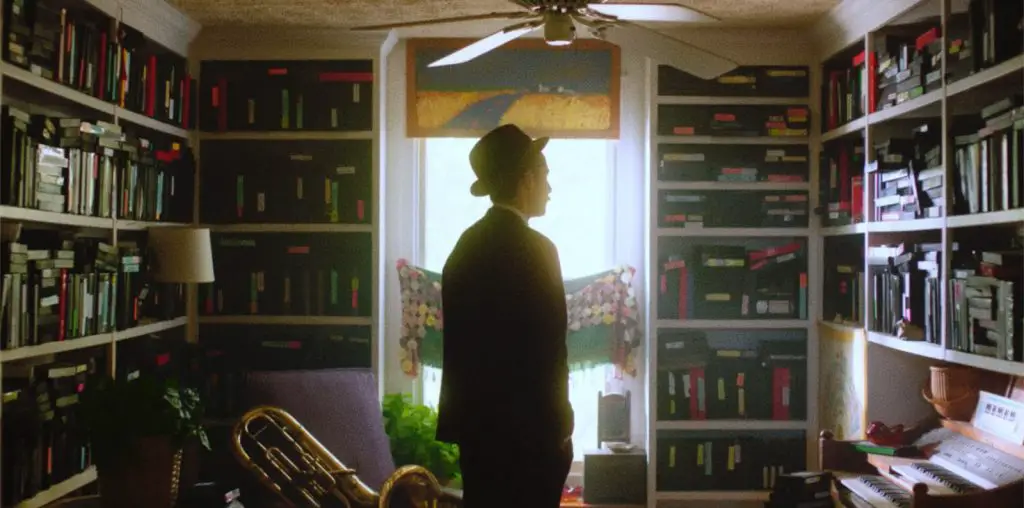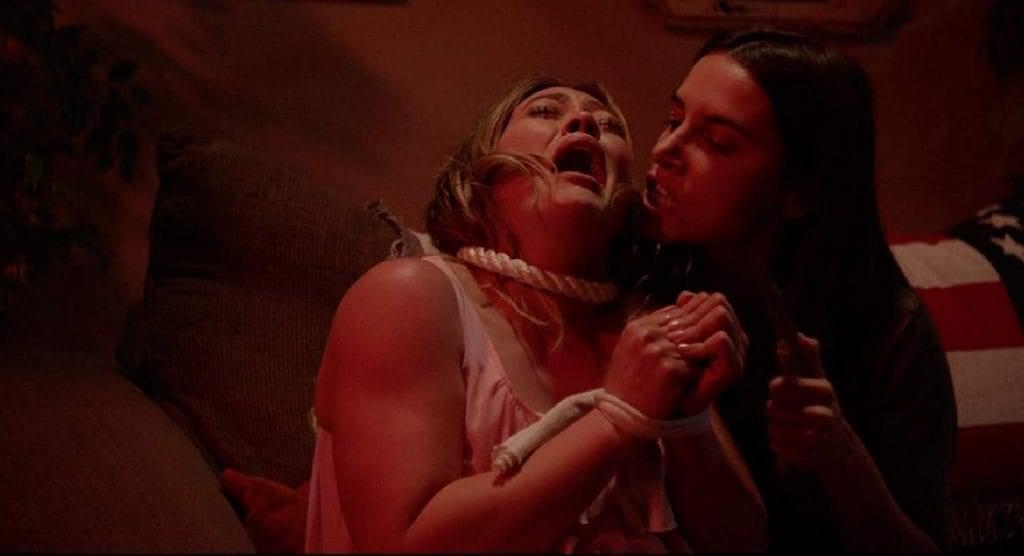
Mabel Normand was the first female comedy superstar in motion pictures. During the 1910s and early 1920s, Normand reigned at the box office and also behind the camera, where she was among the elite few women to play an active role in writing and directing films. For a time she was considered an equal to Charlie Chaplin, and Chaplin reportedly balked at having Normand direct him due to both chauvinism and professional jealousy.
By the mid-1920s, however, Normand’s career went into a sharp decline. Her peripheral involvement in two Hollywood scandals, a debilitating drug and alcohol addiction, and a well-earned reputation for being difficult did little to endear her with the movie power brokers. Around 1926 the only work she could get was at the low-budget Hal Roach Studios, which was a far cry from her halcyon days among the cinema elite.
The new DVD “Mabel Normand at the Hal Roach Studios” offers two rarely-seen films from the tail end of Norman’s career: the 50-minute “Raggedy Rose” and the 30-minute “The Nickelhopper.” Neither of these 1926 releases are representative of Normand’s comic versatility, and to be blunt neither of them is particularly good. Yet for silent film aficionados, they serve some value in offering a sense of completion to Normand’s long and turbulent career.
“Raggedy Rose” finds Normand in the title role as the bedraggled but plucky junk store assistant whose dreams of landing a handsome millionaire come to life via a convoluted chain of events. Part of the problem with this premise is Normand’s appearance. The role was clearly meant for someone in their late teens or early twenties; Normand was 32 when the film was made, but she looks haggard and tired and could easily be mistaken for someone in her mid-to-late forties. Normand’s comic timing is also lethargic and stiff – she essays the slow, wide-eyed enthusiasm that was Harry Langdon’s trademark, but in her performance she appears to be trying to remember the script while the cameras are rolling. Equally problematic here is her co-star Max Davidson, who enjoyed dubious fame for playing offensively broad Jewish caricatures who engaged in politically incorrect behavior. Compared to Davidson’s film output, “The Passion of the Christ” is a B’nai Brith-approved production. The combined Normand-Davidson chemistry here is a disaster of unfunny proportions, with a bare slice of redemption from Scottish funnyman James Finlayson as a dyspeptic valet.
“The Nickelhopper” is the superior of the two films, thanks in large part to the frenetic physical comedy that Normand gamely employs as a dance hall girl in a constant spin with a series of rhythm-impaired partners. The film has two unexpected surprises: small but priceless early performances by unbilled unknowns Boris Karloff as a creepy gangster and Oliver Hardy as a wild drummer whose zany drumming antics make Keith Moon look stoic in comparison. But once the film leaves the dance hall, it falls flat with a charmless parallel plot of Normand working as a babysitter to help her poor family keep the landlord at play. Equally distressing is Normand’s infant charge gobbling up a surprisingly high amount of screen time eating a bar of soap – who thought this would be funny? As with “Raggedy Rose,” Normand’s appearance works against the innocence of her character and she despite her attempts at wistful optimism she seems much to mature to be engaged in these situations.
Normand could have and should have done better, but alas she never had the opportunity to regain her comic stardom. Poor health forced her permanently from the screen shortly after these films were released and she died in 1930 from tuberculosis. She never enjoyed the chance to make the leap into sound films and we’ll never know whether there would’ve been a place for her in the post-silent cinema. “Mabel Normand at the Hal Roach Studios” may not offer the funniest movies of Normand’s career, but in its own weird way in presents a sad and poignant farewell to a film pioneer who kept playing for laughs right up to the end.


